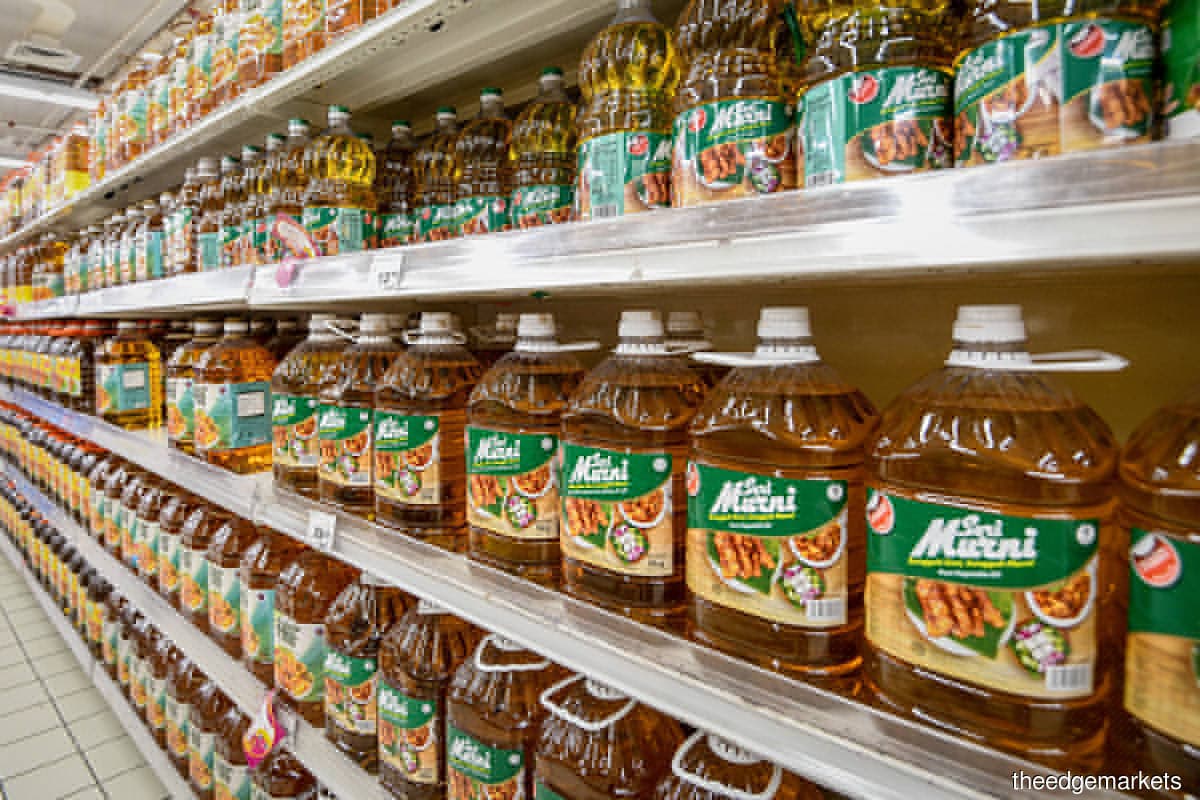
KUALA LUMPUR (June 22): The government is still maintaining its subsidy for cooking oil with an allocation of RM4 billion for 2022, and this amount may increase if prices of palm oil increases further, according to Prime Minister Datuk Seri Ismail Sabri Yaakob.
"The government is maintaining the cooking oil subsidy allocation at a total of RM4 billion for 2022, more than the RM2.2 billion in 2021 and RM500 million in 2020.
"(But) It is likely that there will be another increase [in this allocation], especially if the price of palm oil increases," Ismail Sabri said during a special live televised address on Wednesday (June 22).
He assured Malaysians that the government is still subsidising cooking oil for those in need, and that the subsidised cooking oil amounts to 60,000 tonnes per month, which the government believes will be sufficient for the use of Malaysians as the amount exceeds the actual monthly demand of 55,000 tonnes per month.
The subsidy that the government will be bearing is only for cooking oil in 1kg polybag packages, which is sold at RM2.50 per packet, compared to its actual market price of RM9 per kg, for the use of Malaysians under the B40 households, he said. This subsidy has been in place since June 2007.
He explained that the subsidy granted for cooking oil in bottles of 1kg, 2kg, 3kg and 5kg was only a temporary measure introduced in August 2021 to help Malaysians cope with the effects of the Covid-19 pandemic. The programme was originally only meant to last for three months, at a cost of RM55 million per month.
However, he said the government found that the temporary subsidy had been widely abused by industrial and commercial parties, and smugglers.
"Hence, the government decided that it won't continue with this bottled cooking oil subsidy from July 1 because the original objective of this programme was to help those affected by the pandemic," he said.
On Tuesday (June 21), the government announced it would abolish the subsidies for bottled cooking oil from July 1, as well as to lift the ceiling price for chicken and chicken eggs, to ensure adequate food supplies to the market and to stabilise prices in the long term.
